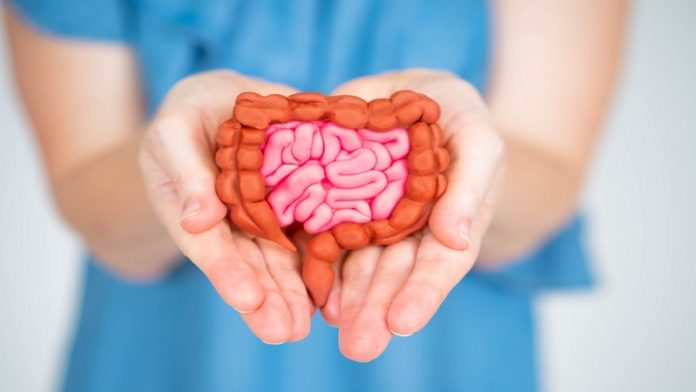When you think about long-term health, the first thing that comes to mind is probably your heart. Your gut is probably low on your list of priorities, but it shouldn’t be. Even though you can’t physically see your digestive system, keeping it healthy is essential for a long, comfortable and happy life. How can you check the “performance level” of your gut? Watch for these signs.
Tips for Probiotics
Where can you get more probiotics? One option is to include yogurt, sauerkraut and similar fermented foods in your diet. Probiotic supplements are another option for adding good microbes to your GI tract. Supplements can be helpful and practical for people who have a busy schedule or who can’t eat dairy products.
Trouble With Regularity
Another sign that something is amiss with your gut “warriors” is bathroom irregularity. Normally, you want your digestive system to work on a fairly regular basis, helping you get rid of stools without causing you pain.
Constipation can mean that your gut is having a hard time breaking down, digesting or passing food through the GI tract. Diarrhea is the opposite issue, but it can also signal changes in your intestinal flora.
Of course, other issues can trigger digestive troubles, too, such as stress. When you have an important meeting come up, it’s not surprising to experience “faster” or “slower” stools than normal. When digestive issues become a common occurrence, however, it may mean that your gut is suffering.
Ways To Deal With Constipation
If bad bacteria start to overwhelm your good bacteria, or if your digestive system is sensitive because of recent medication, it’s the right time to give your gut some tender, loving care. In the case of constipation, make sure you’re getting plenty of soluble and insoluble fiber in your diet. Great sources of fiber include whole grains, leafy green vegetables, sweet potatoes, fruits and seeds.
Poor Sleep Quality
At first glance, your digestive system probably doesn’t seem related to your ability to sleep. When you dig deeper, though, the connection makes perfect sense. For one thing, your gut plays a big part in producing a brain hormone called serotonin. This neurotransmitter is connected to the sleep cycle, feelings of relaxation and sleepiness.
Another way gut health impacts your sleep quality is the effect of digestive problems. It’s hard to sleep soundly at night if you have pain from heartburn, gas or bloating. The link between sleep and your gut goes both ways. In other words, digestive troubles make it hard to sleep, and not sleeping can negatively affect your gut.
Things That Can Help With Sleep
Stress and anxiety are major culprits of gut issues. When you can’t sleep, your stress levels may get even higher, which in turn triggers more gut problems. This cycle can make it hard to stay awake at work.
On the flip side, reducing occasional stress can help with stomach troubles and sleep quality at the same time. Instead of obsessing over stressful situations, try to enjoy relaxing activities that take your mind off anxiety:
- Exercise
- Go for a walk
- Watch a beautiful sunset
- Listen to calming music
- Soak in a warm bath
Interestingly, many of these tips can also help with constipation and other digestive issues. A warm bath can relax your body and help “move things along.”
Taking care of your gut means taking care of yourself. A happy gut can support many other body systems.












